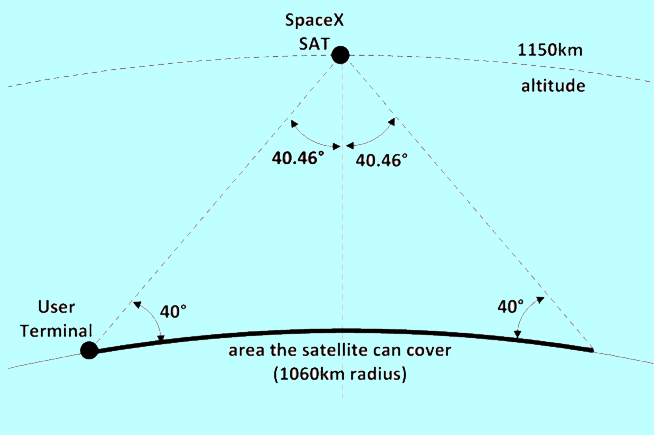SpaceX, the private aerospace company founded by Elon Musk, is planning to surround the planet with satellites to provide everyone with high-speed Internet
Elon Musk, after giving birth to the idea of the supersonic train planned in Dubai, has now decided to concentrate his energies, and money, in an enterprise perhaps even more daring: Bringing super-fast Internet to everyone on Earth via a fleet consisting of as many as 4,425 satellites.
The documents – filed last November 15 with the Federal Communications Commission of the United States – reveal a very ambitious project: a fleet of 4,425 satellites that will provide global Internet coverage. This is – according to the UCS (Union of Concerned Scientists) database – about three times the number of active satellites currently orbiting the Earth. L’UCS sostiene che i satelliti attivi sopra le nostre teste sono attualmente 1.419, mentre circa 2.600 quelli non funzionanti che fluttuano nell’atmosfera senza meta. Neanche messi insieme, non raggiungerebbero mai la cifra esorbitante che ha in programma di lanciare SpaceX.
Internet a banda larga per tutti
 Fonte foto: Web
Fonte foto: Web
Lo schizzo dell’idea di Elon Musk
Il progetto mette bene in chiaro l’obiettivo di Elon Musk. Nei documenti depositati presso l’FFC statunitense si legge che «il sistema è progettato per fornire una vasta gamma di servizi a banda larga e di comunicazione per gli utenti residenziali, commerciali, istituzionali, governativi e professionali a livello mondiale.» È fin qui lo scopo è chiaro. Getting into the details, it also turns out “SpaceX, with the deployment of the first 800 satellites, will already be able to provide widespread coverage of broadband services in the United States and internationally” and that, once all the satellites are launched into orbit, “the system will be able to provide high bandwidth (up to 1 Gbps per user), with low latency levels, for ordinary users and businesses in the States and around the world.”
Some more details about the mega-project
Some of the largest telecommunications satellites can weigh several tons – as much as a bus – and orbit from a fixed point about 35,000 km above the Earth. The satellites planned by SpaceX will be very different. First of all in the smaller size – like those of a MINI Cooper – in the weight (about 386 kg) and in the orbit around the Earth that will go from 1,150 to 1,275 km. SpaceX also claims that each satellite could cover an ellipse about 2,120 km wide, which is roughly equivalent to the distance between Rome and Lisbon. The company of Elon Musk, always according to the project filed with the FFC, illustrates a launch plan divided into two phases. The first that involves sending into orbit at least 1,600 satellites, followed by the launch of the remaining 2,825 positioned in four different altitudes than the first.